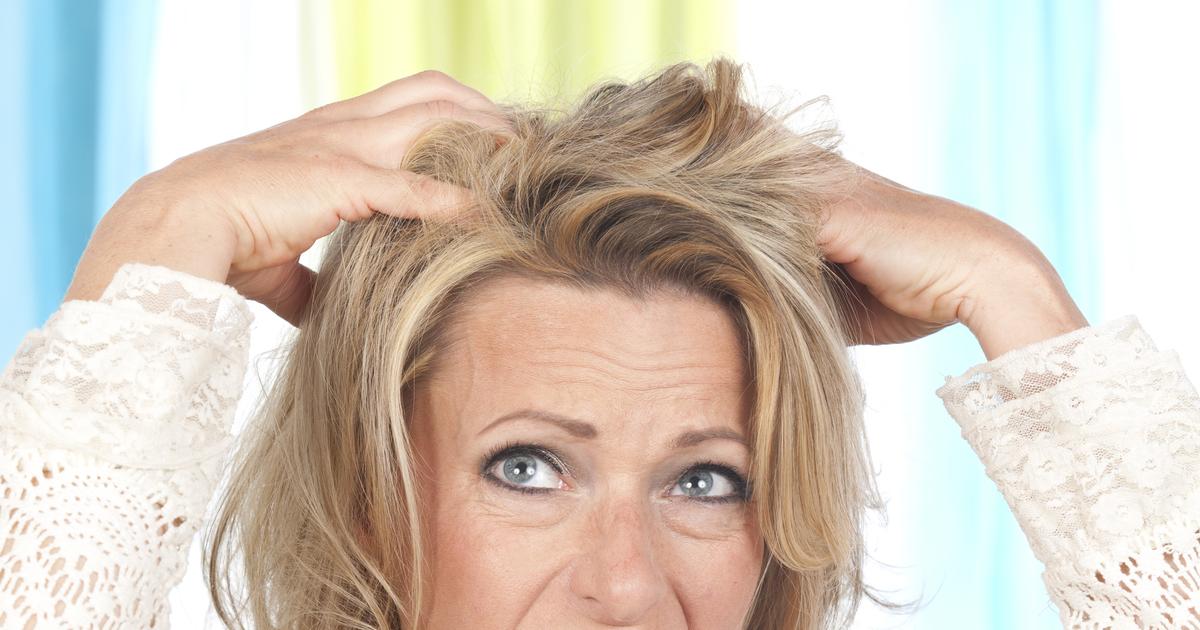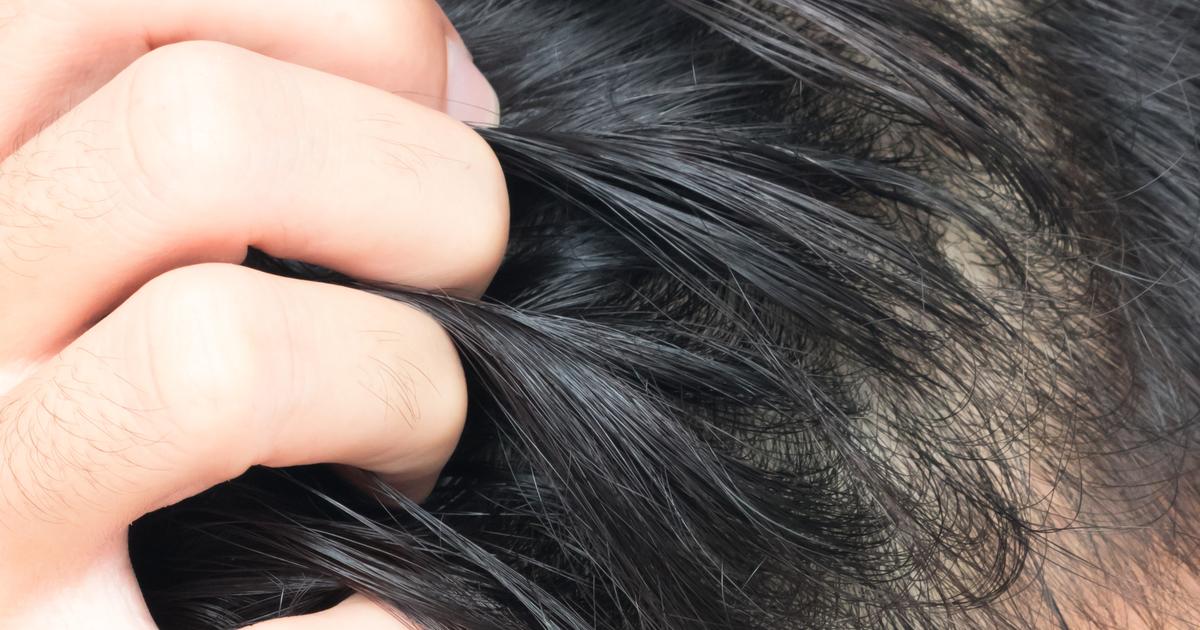Key Symptoms Of Scalp Psoriasis
Scalp psoriasis is a commonly-occurring skin disorder that leads to reddish, raised, scaly patches. Some patients experience just one patch, while others have several. It's also possible for the condition to affect the whole scalp, though this is rarer. Scalp psoriasis can sometimes spread beyond the scalp to the back of the neck, forehead, behind the ears, and inside the ears. The condition is not contagious, though it's not currently known what causes it. Researchers believe it's an autoimmune disorder that causes the immune system to facilitate the overproduction of skin cells, which then build into patches. Scalp psoriasis appears to have a genetic component, so individuals have a higher likelihood of getting it if another family member has it. About half of all psoriasis patients have scalp patches. While the scalp can be the only place affected, usually other parts of the body are too.
Dry Scalp

A dry scalp is one of the most common symptoms of scalp psoriasis. When an individual has mild psoriasis, there may only be light scaling on the scalp. It might not cause symptoms and may be virtually unnoticeable, especially if they have long hair. Dry scalp indicates the psoriasis is of a moderate to severe level. A dry scalp can cause the skin to become irritated and flake away. However, psoriasis isn't the only condition that can cause dryness, and any time the skin has inadequate moisture, it can dry out. If individuals notice their scalp is dry, they may also have dryness on other portions of their body. Cold and dry air can dry the skin out, which can make symptoms of psoriasis worse. If individuals don't usually have a dry scalp, the cause might be contact dermatitis rather than psoriasis. Contact dermatitis occurs when the skin has an allergic reaction, such as to a new shampoo, conditioner, hair gel, or other product.
Itchy Scalp

An itchy scalp can indicate individuals have psoriasis. Itching often goes hand-in-hand with dryness and flaking., so it can also be caused by the non-psoriasis conditions that lead to dryness. Many individuals have an itchy scalp, medically known as scalp pruritus. The most common cause of itching in the scalp is seborrheic dermatitis, which has many similar symptoms to psoriasis, but the treatment can be different. If an individual's scalp itches, there are a variety of home remedies they can try. However, certain accompanying symptoms are cause for a doctor visit, such as unexplained itching that lasts longer than a week. If the itching comes with swelling, sores, or pain, a doctor should determine the underlying cause. The same is true if the itching becomes intense enough to interfere with day-to-day life or sleeping. Apple cider vinegar is sometimes used to treat itching since it has antifungal, anti-inflammatory, and antibacterial properties. Another treatment is organic coconut oil, which contains soothing ingredients.
